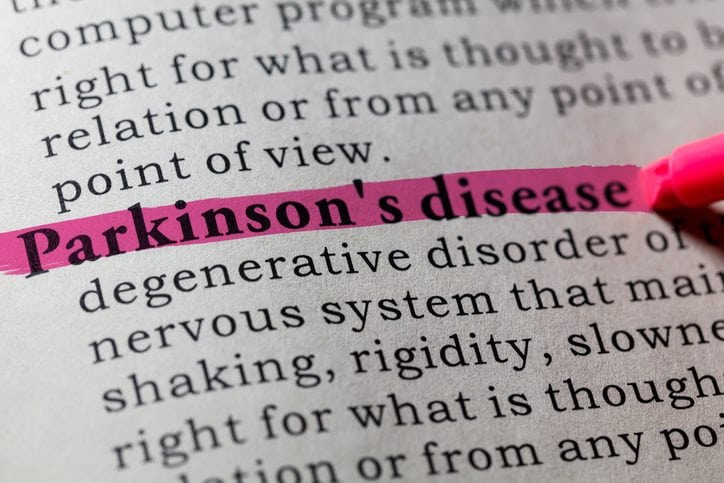<< Back
What Does COVID-19 Self-Quarantine Mean for Parkinson’s Patients?

April 08, 2020
Social distancing and isolation required during the COVID-19 pandemic causes more than just depression in people with Parkinson’s disease. It can actually worsen symptoms.
According to Dr. Elena Bortan, a movement disorders neurologist with the Chase Family Movement Disorders Center, part of the Hartford Healthcare Ayer Neuroscience Institute, said being confined to the home restricts people’s ability to move, which is something she encourages all Parkinson’s patients to do to keep their muscles and limbs working as best they can.
A neurodegenerative condition, Parkinson’s disease is marked by such symptoms as tremors, difficulty walking because of joint stiffness, anxiety, depression and dizziness. Just the concept of social distancing and isolation, coupled with fears of getting sick, an trigger higher rates of depression and anxiety, she said.
“We do not know if Parkinson’s disease patients are at higher risk of increased complications from coronavirus, but many who are older have many other medical conditions we call comorbidities,” Dr. Bortan said. “We know very well that patients who have high blood pressure, diabetes, congestive heart failure or chronic respiratory disease have worsening of complications and risk of developing complications from coronavirus.”
What she is concerned about, however, is that being confined to the house will affect her patients’ exercise routines.
“It’s very important for our patients to keep moving,” she said. “Guess what? In the last couple of weeks, we’ve asked them to avoid going outside.”
She suggested people with Parkinson’s find creative ways to keep moving in their house or yard. The Chase Family Movement Disorders Center team is working on virtual programming with exercises and yoga that can help, too.
In addition, Dr. Bortan said she’s advising her Parkinson’s patients to be aware of things that can increase their anxiety levels. These tips include:
- Keep as much as possible to a regular schedule.
- Break from watching or reading the news.
- Practice relaxation techniques like Tai chi.
- Keep in touch with your family and friends either by phone, Facetime or other platforms.
Dr. Bortan and other providers with the Chase Family Movement Disorders Center are using virtual-visit video to keep in touch with existing patients and help new patients. For more information on the services, including virtual exercise programming, call 860.870.6385.
Not feeling well? Call your healthcare provider for guidance and try to avoid going directly to an emergency department or urgent care center, as this could increase the chances of the disease spreading.
Click here to schedule a virtual visit with a Hartford HealthCare-GoHealth Urgent care doctor.
Stay with Hartford HealthCare for everything you need to know about the coronavirus threat. Click here for information updated daily.
Questions? Call our 24-hour hotline (860.972.8100 or, toll-free, 833.621.0600).
Get text alerts by texting 31996 with COVID19 in the message field.